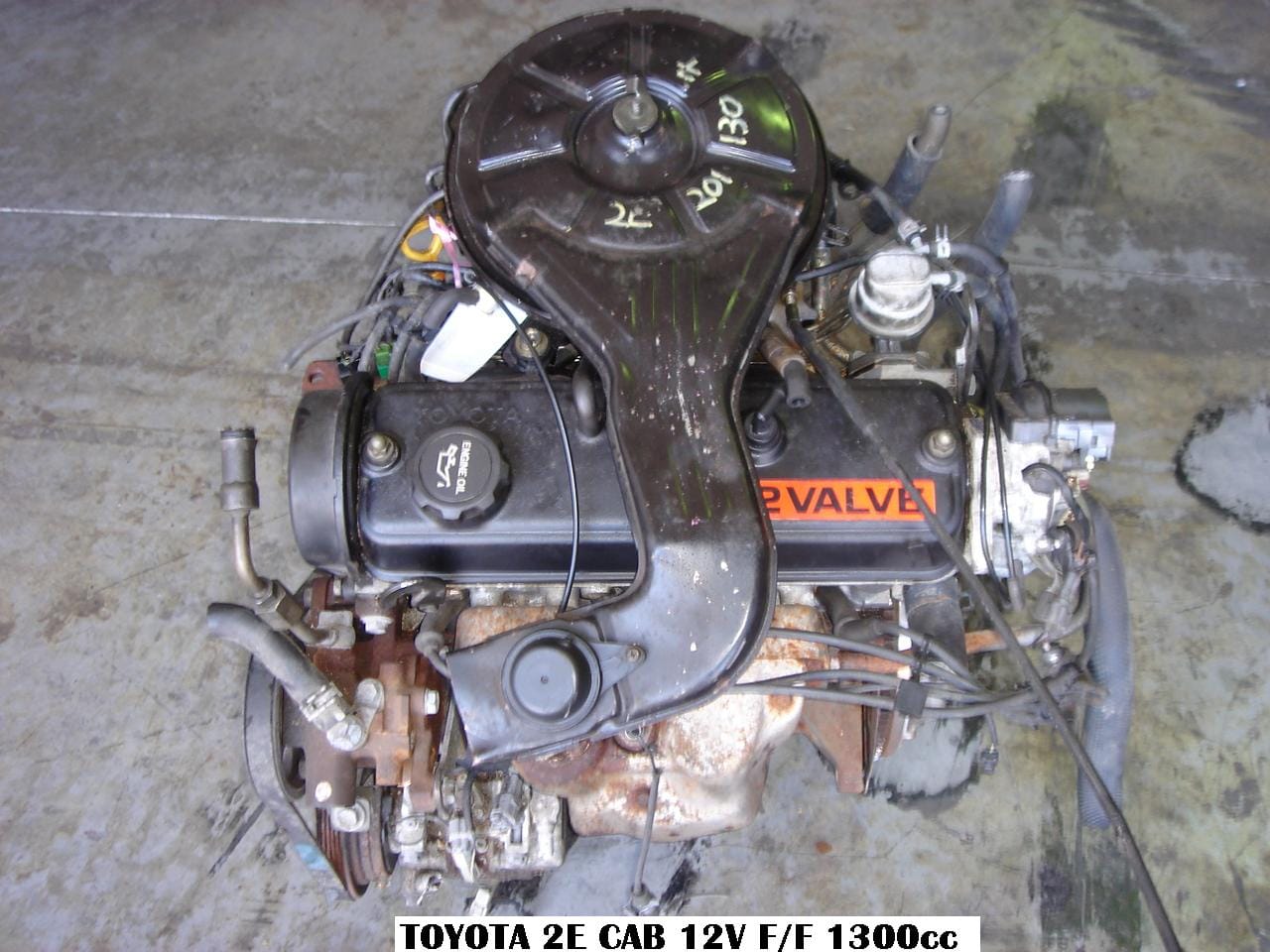Engine Purchasing Expert Tips on Picking the Right Engine for Your Details Needs
Selecting the ideal engine for your certain requirements includes a complicated interplay of variables that go past simple horsepower numbers. From power output to sustain efficiency, the decision-making procedure can be daunting. Recognizing the subtleties of engine kinds, sizes, and their compatibility with your lorry is essential. However, there are expert tips that can help navigate this surface with confidence. By diving into the details of power versus efficiency, evaluating gas rankings, and budgeting for lasting costs, one can truly maximize their engine option.
Power Vs. Performance: Locating the Balance

When choosing an engine, it is important to strike a balance in between power and effectiveness to meet your particular demands effectively. Power refers to the engine's capacity to generate power for propulsion, establishing elements like acceleration, pulling ability, and general efficiency (Toyota Tazz Engine For Sale). On the other hand, effectiveness associates with how well the engine utilizes gas to produce power, affecting aspects such as fuel economy and environmental friendliness
Achieving the ideal balance between power and efficiency is essential since an engine that is too effective might consume excessive gas, leading to higher operating prices and unnecessary stress on the environment. Conversely, an engine that prioritizes effectiveness over power may lead to slow-moving performance, especially sought after circumstances like pulling heavy lots or driving uphill.
To make an informed decision, take into consideration variables such as your regular driving problems, the designated use the car, and your individual preferences. By assessing your needs and priorities, you can choose an engine that strikes the ideal balance in between power and efficiency, making sure ideal performance while reducing ecological effect and operating expense.
Recognizing Engine Size and Type

Furthermore, engine kind plays an essential duty in determining the efficiency qualities of an engine. Usual engine types include inline engines, V engines, and rotary engines, each with its special advantages and downsides. The engine kind impacts aspects such as the engine's dimension, weight distribution, and power distribution. Recognizing the interplay in between engine dimension and type is essential in selecting an engine that lines up with your particular requirements and priorities, whether it be power, efficiency, or a balance of both.
Consider Your Automobile's Demands
If you are looking for an engine for a sturdy vehicle that will certainly be utilized for towing, you will certainly require a powerful engine with high torque abilities. On the various other hand, if you are choosing an engine for a portable auto mainly made use of for city commuting, fuel efficiency might be an extra critical aspect to take into consideration.

Assessing Fuel Efficiency Ratings
Assessing fuel performance ratings is a critical element of picking the best engine for your lorry, making sure cost financial savings and environmental sustainability. site web Gas effectiveness rankings, usually gauged in miles per gallon (MPG) for gas engines or kilowatt-hours per 100 miles (kWh/100 miles) for electrical engines, show exactly how far an automobile can travel on a particular quantity of gas or power. Greater MPG or reduced kWh/100 miles worths signify more effective engines, translating to reduced fuel prices and lower carbon emissions.
Additionally, contrast various engine alternatives within the exact same car class to determine the most affordable option. Aspects such as engine dimension, weight, aerodynamics, and crossbreed or electrical abilities can all influence gas effectiveness.
Budgeting for Long-Term Expenses
Strategically planning for long-lasting expenses is important when selecting an engine, making sure economic sustainability over the lorry's life-span. While the initial purchase price of an engine is a substantial element, it is important to consider the long-lasting expenses connected with upkeep, fixings, and fuel intake. Choosing an extra fuel-efficient engine may have a greater in advance expense however can result in considerable financial savings gradually. Regular upkeep, such as oil adjustments, filter substitutes, and tune-ups, is necessary to keep the engine running efficiently and effectively, minimizing the risk of costly repair work down the line.
In addition, investigating the see here availability and price of substitute parts for the chosen engine is crucial in budget plan preparation. Engines with conveniently available and budget friendly parts can dramatically impact long-term maintenance expenses. Additionally, thinking about the engine's durability and anticipated life expectancy can assist prevent unforeseen replacement expenses in the future. By thoroughly budgeting for these long-term expenditures and factoring them right into the decision-making process, people can select an engine that not just satisfies their prompt requirements however additionally remains affordable throughout its life expectancy.
Verdict
Finally, selecting the right engine for your certain demands calls for stabilizing power and effectiveness, understanding engine size and kind, considering your lorry's demands, examining fuel effectiveness ratings, and budgeting for lasting prices. By very carefully thinking about these factors, you can ensure that you choose an engine that satisfies your demands and offers ideal performance for your automobile.
To even more improve the choice procedure of an engine that strikes the ideal balance in between power and performance, it is important to dive right into the intricacies of understanding engine size and kind. Engine size refers to the complete volume of air and fuel that can be pushed with the engine cylinders. Typical engine kinds include inline engines, V engines, and rotary engines, each with its unique benefits and disadvantages. Comprehending the interplay in between engine dimension and type is essential in selecting an engine that aligns with your particular requirements and priorities, whether it be power, effectiveness, or a balance web link of both.
Fuel performance scores, usually determined in miles per gallon (MPG) for fuel engines or kilowatt-hours per 100 miles (kWh/100 miles) for electrical engines, suggest how far a car can take a trip on a specific amount of fuel or electricity.